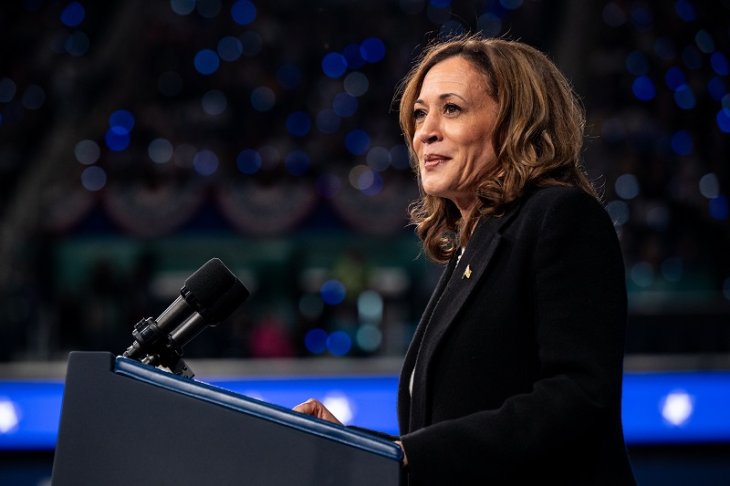Trump Administration Forces University to Reinstate Records, Issue Apologies
The University of Pennsylvania has reached a resolution with the U.S. Department of Education that will bar transgender women from competing on its women’s sports teams, marking a controversial turning point in the national conversation over trans inclusion in athletics.
The agreement, announced Tuesday, stems from a federal civil rights investigation into UPenn’s handling of swimmer Lia Thomas’s participation in the 2021–2022 NCAA season. Thomas, who made history as the first openly transgender athlete to win a Division I national title in March 2022, competed on the women’s swim team after previously swimming for the men’s team and beginning hormone therapy in 2019.
Under the terms of the voluntary resolution, UPenn must adopt binary, “biology-based” definitions of sex in athletic programs and issue apology letters to cisgender athletes whose records were displaced by Thomas. The school will also be required to publicly affirm that transgender women are banned from competing in women’s divisions and reinstate records and titles to affected athletes, per the Department of Education.
The decision has caused renewed concern from LGBTQ+ advocates, who argue that the agreement not only marginalizes transgender athletes but also weaponizes Title IX, a law designed to prevent sex-based discrimination against the very groups it was expanded to protect.
The Department of Education launched its investigation in early 2025 following complaints that Thomas’s participation created an unfair competitive advantage. In April, the agency concluded that Penn had violated Title IX.
Thomas, who no longer competes for UPenn, has spoken publicly about the narrow scope of trans inclusion in sports, pointing to NCAA data that shows transgender athletes account for an estimated 10 participants nationwide.
Neither Penn nor the NCAA responded to requests for comment.
While not legally binding for other universities, the resolution may influence how institutions interpret federal rules under the current administration, raising questions about the long-term impact on trans student-athletes and the evolving legal landscape of gender and sports.























